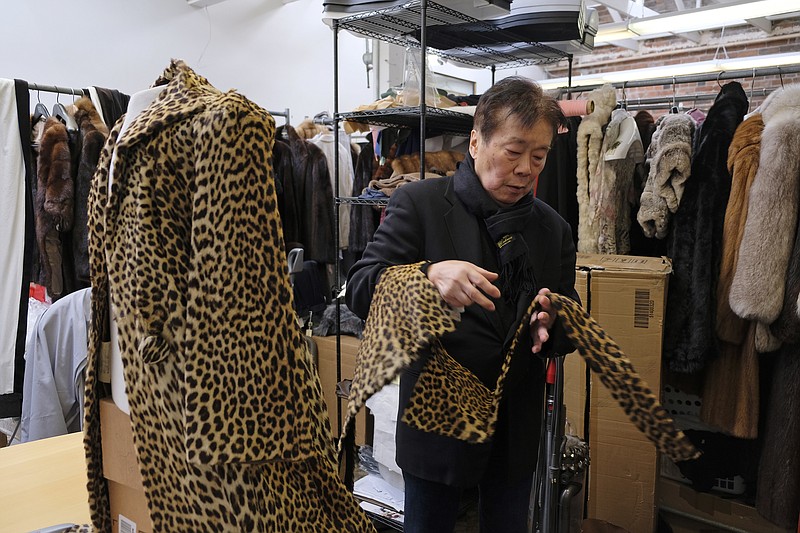SAN FRANCISCO (AP) - San Francisco could become the largest U.S. city to ban the sale of fur, a move that would hearten animal lovers but frustrate niche business owners who said they are fed up with city officials dictating what retailers can or can't sell.
If the Board of Supervisors approves the ban, San Francisco would join two other California cities, West Hollywood and Berkeley, in saying no to a glamour symbol that animal advocates said is built on cruelty and does not reflect the city's values.
San Francisco has a strong social conscience, often at a cost to businesses. Its board banned the sale of menthol cigarettes and other flavored tobacco, which voters will consider in June, and prohibited performances by exotic animals. In 2016, San Francisco approved what was then a groundbreaking paid parental leave law, requiring private employers to offer six weeks of fully paid leave.
If passed, the fur ban would go into effect Jan. 1 and apply to coats and anything else featuring real fur, including key chains and gloves.
"I hope that it inspires other cities and the country to take action. Certainly we need better federal regulations on fur farming," said Katy Tang, the supervisor pushing the legislation and avid animal lover. "There's no humane way to raise an animal to peel its skin off."
Some of the tourists who pack downtown San Francisco hotels shop at upscale department stores that crowd Union Square, such as Neiman Marcus and Saks Fifth Avenue, both of which feature fur salons. Larger stores may have an easier time adapting, but smaller businesses might find it more challenging.
Benjamin Lin, 72, owns one of those small businesses. The showroom at B.B. Hawk in the South of Market neighborhood features chinchilla, sable, fox and Blackglama mink. In a corner, Lin is working on restoring a 60-year-old jacket made of cheetah.
He is considering keeping his current location but selling fur at a smaller place nearby, outside San Francisco.
"I cannot fight it," he said of the ban. "I will not win. I do not have the energy and the money."

